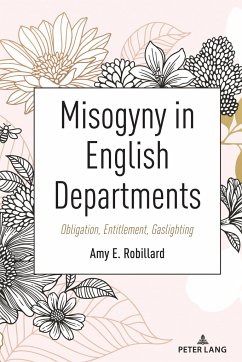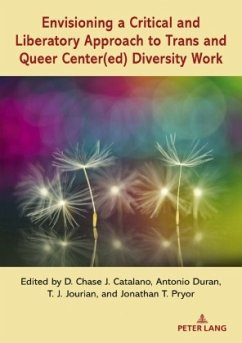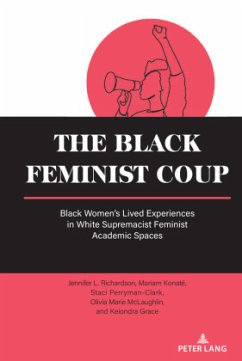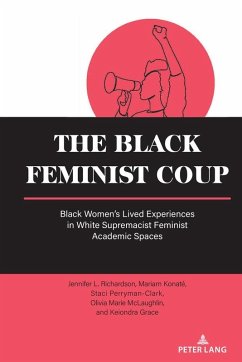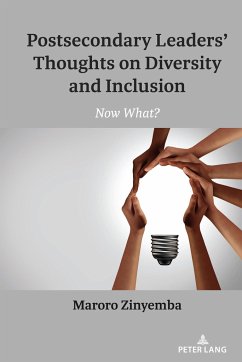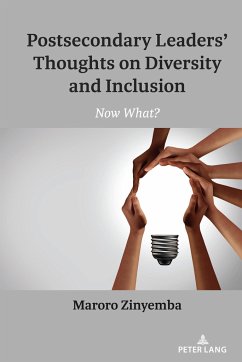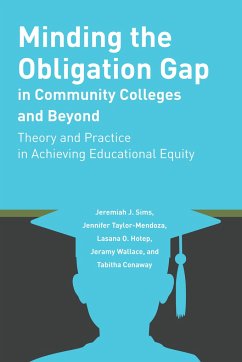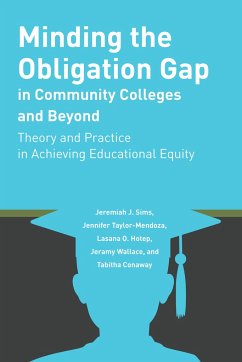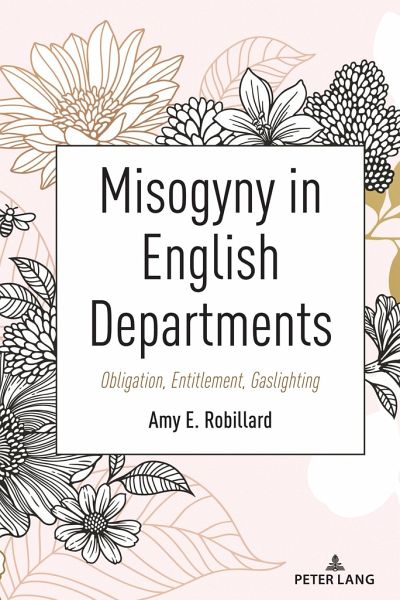
Misogyny in English Departments
Obligation, Entitlement, Gaslighting
Herausgegeben: Powers, Beth
Versandkostenfrei!
Versandfertig in 6-10 Tagen
102,95 €
inkl. MwSt.
Weitere Ausgaben:

PAYBACK Punkte
0 °P sammeln!
When Andrew Cuomo was forced to resign as governor of New York in August 2021, a commentator on CNN remarked that he had "not gotten his own memo" on sexual harassment that he had signed into law two years earlier. Misogyny in English Departments theorizes the results of a qualitative empirical study of the ways women in U.S. college and university English departments experience misogyny, and the effects that misogyny has on their personal and professional lives. It seems that we in English departments, too, have not gotten our own memos. English departments market themselves as spaces of equi...
When Andrew Cuomo was forced to resign as governor of New York in August 2021, a commentator on CNN remarked that he had "not gotten his own memo" on sexual harassment that he had signed into law two years earlier. Misogyny in English Departments theorizes the results of a qualitative empirical study of the ways women in U.S. college and university English departments experience misogyny, and the effects that misogyny has on their personal and professional lives. It seems that we in English departments, too, have not gotten our own memos. English departments market themselves as spaces of equity and diversity, as dedicated to inclusivity and social justice, as committed to rooting out injustices like misogyny via such means as socially just, feminist, and critical pedagogies. We are some of the very people who teach students to recognize and fight back against social injustices like misogyny, and yet, as the women the author interviews demonstrate in this book, we are no lesslikely to engage in gender-based discriminatory and abusive practices.





